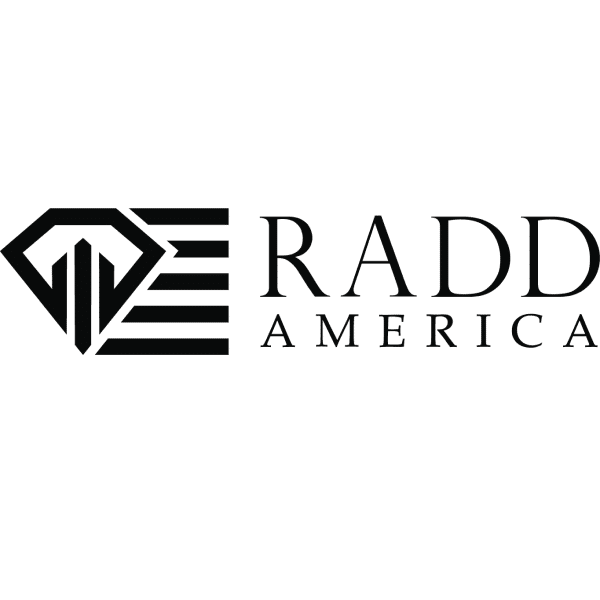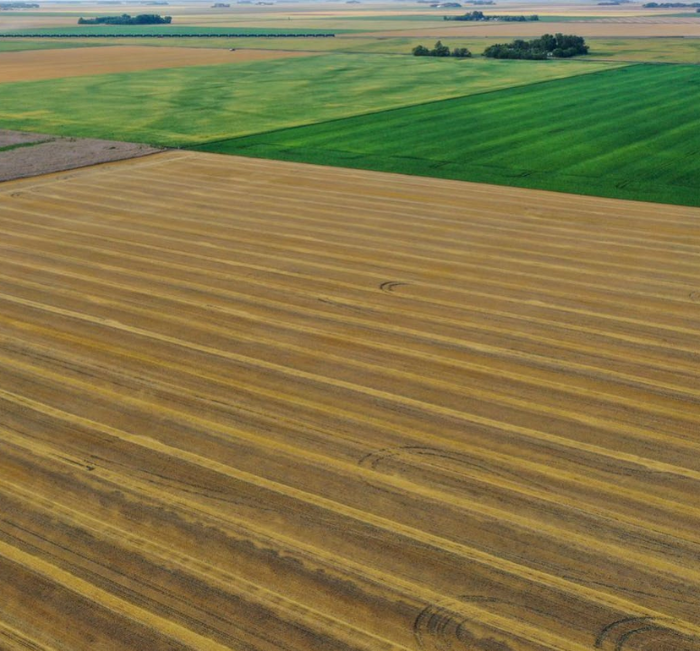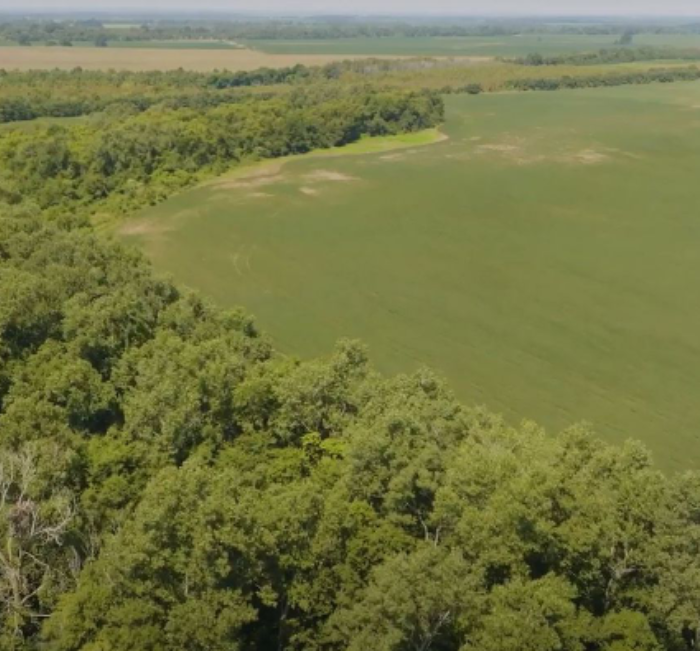Read time: 5 min
September 1, 2022
New here? Read our primer on farmland investing.
We analyze deals across FarmTogether, AcreTrader, FarmFolio, and other platforms.
This issue was written by our CFO Brian Jacques, and today he looked at a new offering from AcreTrader – the Jennette Farm in Crittenden County, AR
Let’s go!
Table of Contents
Offering at a glance
- Name: Jennette Farm
- Platform: AcreTrader
- Available: 1 September 2022, 1pm CT
- Location: Crittenden County, AR
- Crop type: Rice, Soybean
- Gross cash yield: 3.4%
- Farm price: $4,011,400
- Total acres: 620
- Price per acre: $6,470
- Min. investment: $16,175
- Average net cash yield: 2.4%
- Net annual return: 8.3%
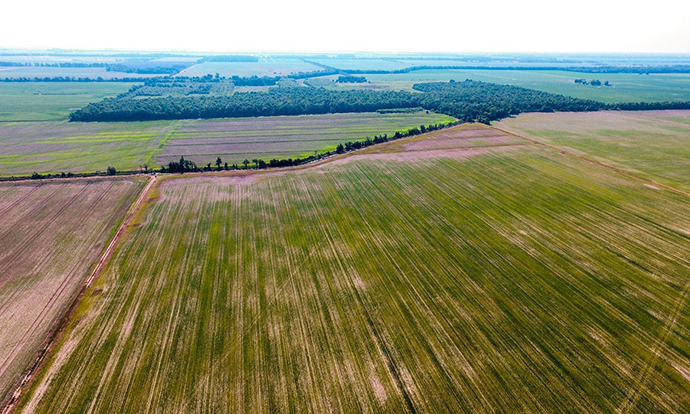
About the farm
Jennette Farm is a 620 acre rice and soybean farm in Crittenden County, Arkansas, the top rice-producing state in the U.S. Approximately 20 miles from Memphis, this farm lies in the heart of the Mississippi River Delta.
This core farming region is known for its crop diversity, experienced and active farming community, and advantageous natural resources, such as abundant groundwater and long growing season.
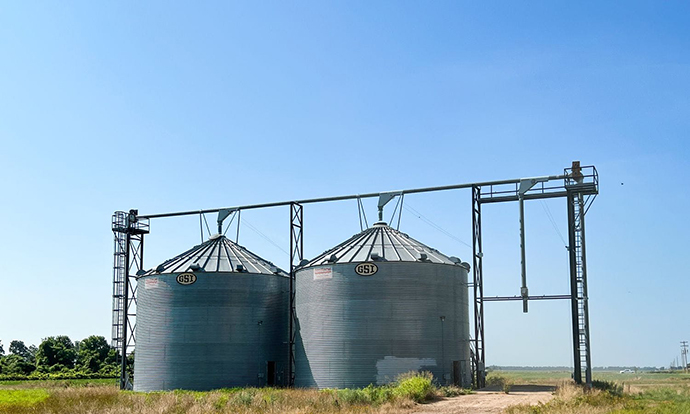
Jennette’s large contiguous acreage makes it a rare find in this region. It is likely to command more interest from farmers, institutions, and other potential buyers at exit, especially in such close proximity to Memphis.
This farm also enjoys several key efficiencies. Its leveled, rectangular parcels are more easily operable by farm machinery. It has strong road access and is easily accessible by public roads on both the east and west sides of the tract.

Jennette Farm consists of silty clay with silt loam soils conducive to rice and soybean production. These crops have been grown in a regular rotation, which helps preserve soil nutrients as each crop taxes soil differently. The farm has also grown corn and sorghum in the past, demonstrating the soils’ flexibility.
The farm is fully irrigated by well-fed pipe and furrow irrigation. There are wells throughout the property drawing from a reservoir that taps into the abundant Mississippi Alluvial Aquifer.
Having undergone leveling improvements in the past, the farm runs along a slight grade and thus enjoys strong drainage. A large drainage ditch runs north to south through the entirety of the property and is maintained by the county.

This offering includes a $206,000 budget to improve upon a few key components of the farm’s infrastructure. This allocation will go towards dirt work to regrade fields and improve roads, drainage pipe installation, cleaning out ditches, and other miscellaneous projects. These improvements are intended to capitalize on the farm’s inherent potential, leaving it in turnkey condition for future buyers at the end of the hold period.
Two easily-accessed grain bins on the property may be leased for supplemental income at an estimated rate of $15,000 annually. There is also potential for a hunting lease, which has not been factored into this offering’s financial models. Rent for this property has been modeled at $195 per acre, including a three-year escalator.
Our view
What we like
- Crops – farm’s output of soybeans and rice are Arkansas’ top two crops; Arkansas is the #1 producer of rice in US (50% of domestic production); rice has shown steady upward pricing, increasing from $4.00 CWT in 2003 to $17.59 in 2022.
- 620 acres/613 tillable acres (largest AcreTrader Arkansas farm to date) – acres are contiguous, making access and farming easier.
- 46,000 bushels grain elevators on site (possible rental premium).
- The projected annual land appreciation of 5.9% appears reasonable when compared to 20-year historical return of 5.4% for Arkansas farmland.
- $206,000 improvement budget (regrade fields, improve drainage, and improve farm road system); refine efficiencies and make it a turnkey property for future buyers.
- Solid water resources – irrigated by six diesel turbie wells that draw from Mississippi Alluvial Aquifer (evaluating well electric conversion potential for cheaper operating costs – this conversion is not included in improvement budget); average of 52 inches of rain/year (higher than US average).
- Good flood infrastructure – excess water can drain into a county-maintained drainage ditch and no nearby rivers that can flood.
- Soil – Well-suited for rice and soybeans; soil provides crop optionality for corn, cotton, and milo.
- Supplemental income potential through rental of grain elevators/hunting leases.
The potential risks
- There’s potential for time and cost overruns for planned capital improvements.
- No lease is currently in place for 2023 (have received offers for leases starting for 2023); new farmers could experience delays with taking over operations and ramping up production.
That’s all for today.
Thanks,
Brian



